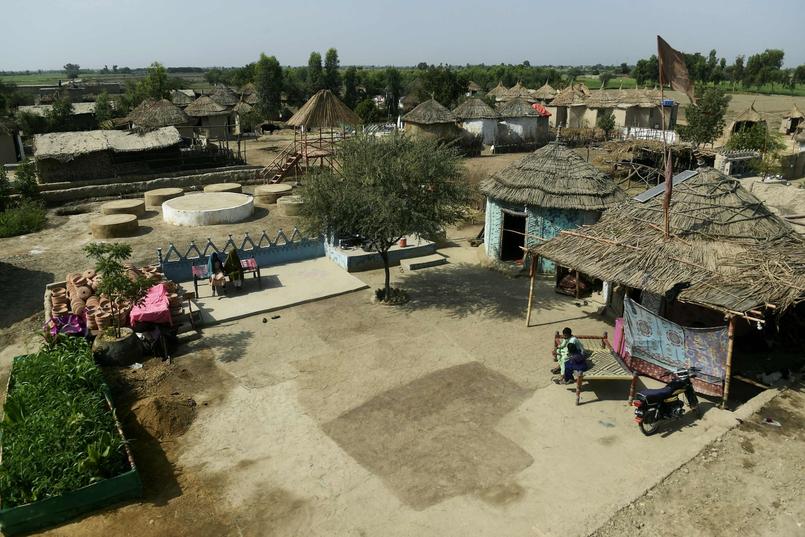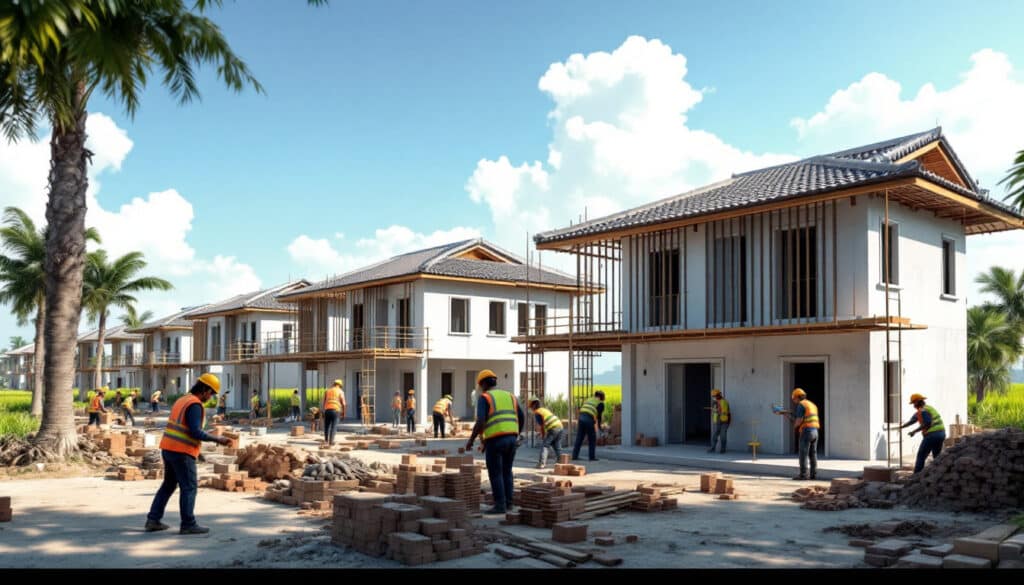Building automation is on the rise, radically transforming our approach to living spaces. In 2025, several key trends will emerge, redefining standards of comfort, security, and sustainability. Advanced technologies, such as smart management systems and AI, will play a prominent role in this revolution, bringing efficiency and personalization. The integration of real-time data will enable proactive resource management, while innovations in automation will turn buildings into connected and adaptable living spaces. By anticipating this evolution, industry players can seize the many opportunities it offers.
In 2025, building automation will be marked by several key trends that will transform the built environment. The digitalization of processes will play a crucial role, allowing for operation optimization and increased efficiency. The integration of artificial intelligence will facilitate the automation of repetitive tasks, helping to reduce costs and improve productivity.
On the other hand, the growing adoption of digital twins will allow building managers to simulate and analyze scenarios in real-time, thereby improving decision-making and preventive maintenance. Sustainability will also be at the heart of concerns, with solutions aimed at reducing the carbon footprint of buildings through smart energy systems. Finally, IoT technologies (Internet of Things) will continue to evolve, connecting various systems and devices to create more responsive and optimized living and working environments.

Table of Contents
ToggleThe key trends in building automation for 2025
In 2025, building automation will experience significant advancements, allowing for unprecedented improvements in productivity and energy efficiency. The integration of artificial intelligence and digital twins will be at the heart of the strategies adopted. These technologies will facilitate resource management and optimize operations, leading to a considerable reduction in costs. Smart buildings will become major players in sustainability, addressing the growing concerns of society.
Essential technologies in automation
With the emergence of smart building management systems, 2025 will mark the year of real-time data acquisition. These systems will enable in-depth analysis and better decision-making. Cybersecurity will also be a priority to protect infrastructures against increasing threats, thus ensuring data privacy and user security. Optimizing the user experience through customized interfaces will transform how occupants interact with their spaces.
The social and environmental impacts of automation
Advancements in automation should also transform user experiences and the environmental impact of buildings. By integrating sustainable and innovative solutions, it will be possible to achieve emission reduction goals. Moreover, the use of advanced analytics will allow for anticipating the needs of occupants, fostering a more pleasant living environment. Thus, 2025 will mark a decisive turning point for building automation, combining technology, comfort, and social responsibility.
















